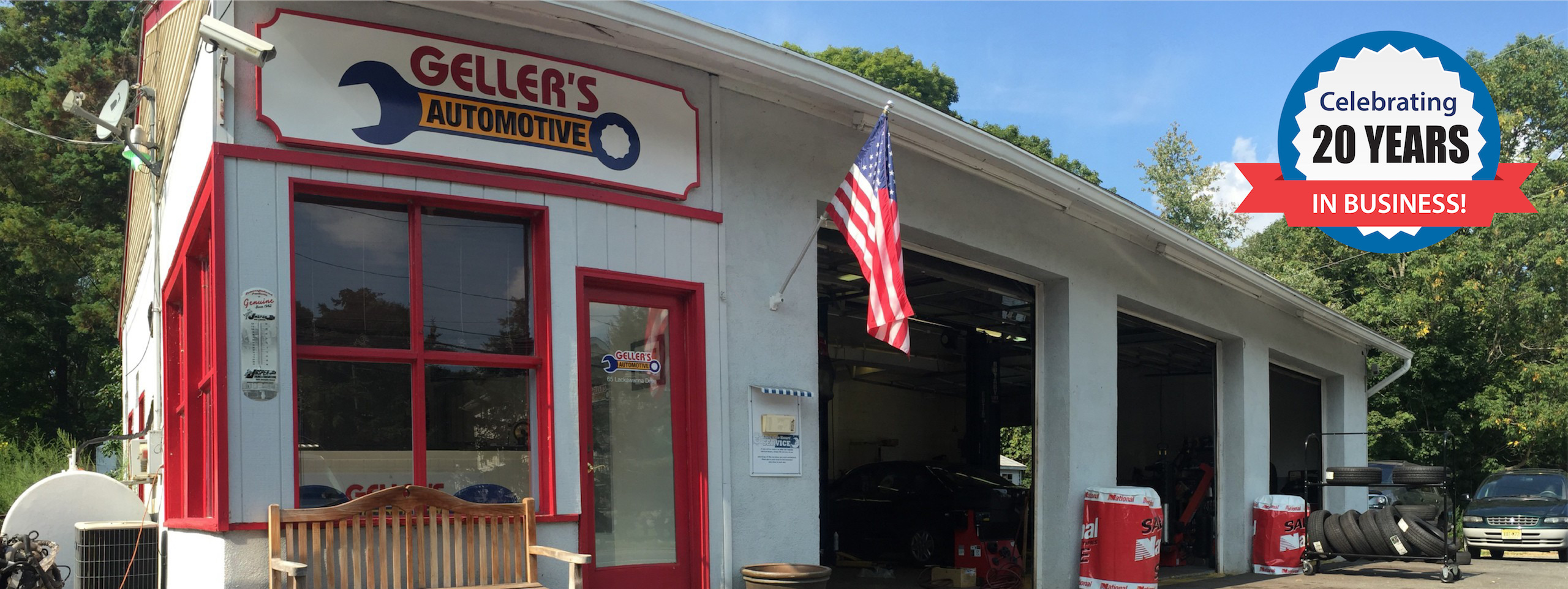
Your vehicle is a complex machine that works hard to perform its many functions. When something is wrong, your vehicle develops signs and symptoms to alert you to potential problems. One way your vehicle communicates those symptoms to you is through different sounds. In this month’s blog, we review five important sounds to stay attentive to in your vehicle that should not be ignored. The root cause for each of the five sounds could be a variety of issues, which is why it is important to have your vehicle inspected by a service professional.
Squealing Sounds
Squealing sounds have a range of possible sources, including your braking system to your serpentine belt. Sometimes it’s important to note when you hear the sounds. For example, if the squealing is happening while the vehicle is in operation and running, this could possibly be from the belt. If you hear squealing when using the brakes, there’s probably an issue with the pads or rotors.
Knocking Sounds
Knocking sounds might also be described as pinging and may indicate an issue within your ignition system. For the internal combustion process to work properly, it requires a specific air and fuel mixture. When this mixture is disrupted, it may produce a knocking sound. This may be as easy as ensuring you are putting the correct octane level fuel in the vehicle or could indicate a timing or sensor issue in the system.
Sputtering Sounds
Sputtering or hissing may indicate an oil or coolant leak in the engine. You may hear this sound when you turn off the vehicle and the fluid is dripping into the hot engine parts. Additionally, if you see smoke or smell burning, this might reinforce the possibility of a fluid leak. Have the vehicle checked out before a leak causes further engine or part damage.
Clicking Sounds
If your vehicle’s motor oil is low, you may hear clicking or tapping sounds. It’s a good idea to check the oil level and replenish any lost oil. You may want to look for signs of oil leaks beneath the vehicle as well. If this is happening consistently, then get your vehicle inspected by a service professional for a possible leak in the engine.
Grinding Sounds
Often, grinding sounds may be associated with the transmission. This could be the result of low oil levels, causing parts to rub against each other. However, grinding can also surface with joints or the CV axle, when there is inadequate lubrication. Stay focused on when you hear the sounds – if the grinding sound is prevalent while shifting, it’s probably coming from the transmission.
There are many sounds that your vehicle may make that are not a problem. However, it is always good to stay alert to the sounds that may indicate a developing problem. The sooner you address sounds in your engine, the better chance you have of avoiding expensive repairs.
If you are concerned about a sound, contact the service professionals at Geller’s Automotive to schedule an appointment for a full vehicle inspection.



